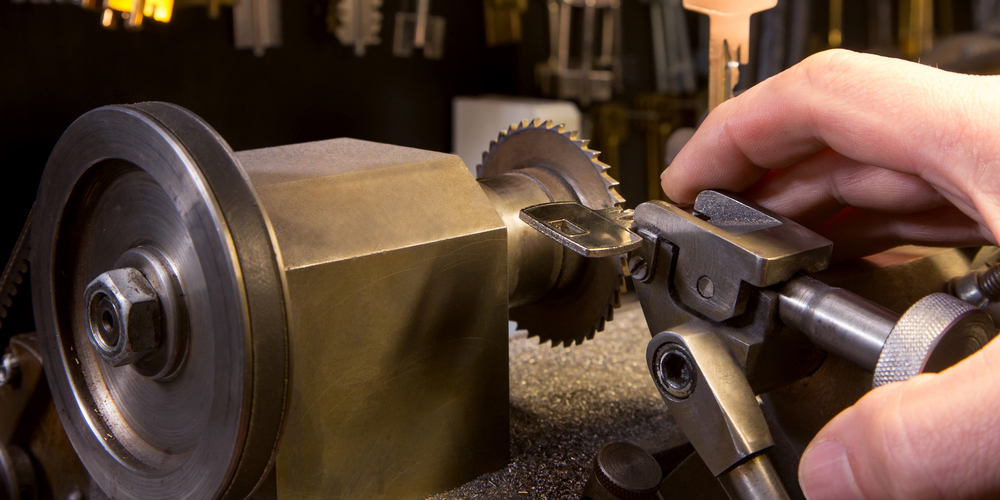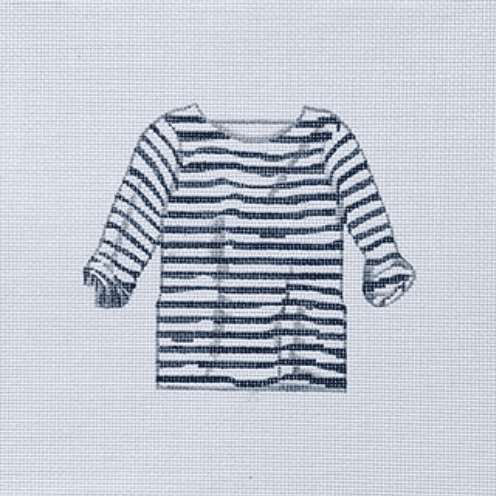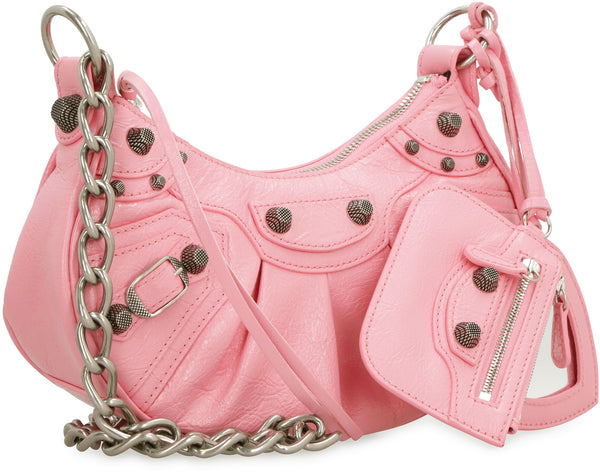Key cutting is an essential locksmith service that forms a crucial part of our daily home security. It’s not just about making a spare key; it’s about ensuring access, safety, and peace of mind. This comprehensive guide will walk you through everything you need to know about key cutting, from the process and types of keys to choosing the right locksmith.
Key cutting involves shaping a blank key to match an existing one. Locksmiths use specialised key-cutting machines to trace the original key’s ridges and grooves, precisely cutting the blank key to match. This precise process ensures that the duplicate key works just as effectively as the original.
Table of Contents
The Process of Key-Cutting
The meticulous art of key-cutting is both fascinating and precise, a skill that transforms a simple piece of metal into the keeper of security. At its core, the process begins with selecting a blank key that matches the lock’s brand and type. The original key sits nestled in a guide clamp, acting as an unwavering template for its nascent twin; meanwhile, the blank rests on the opposing side, ready to be sculpted by deft hands and keen eyes.
A calibrated machine whirs to life—the heart of this operation—its cutting blade dancing along the contours of the original with unerring precision, shaving away excess metal from the blank until it mirrors every notch and groove. Throughout this dance between man and machine, each movement is deliberate—a symphony orchestrated to ensure your access remains uncompromised. As minute metallic shavings fall away like chaff in the autumn wind, what emerges is not just another key but a testament to craftsmanship: an embodiment of security fashioned through careful strokes honed over years.
This new sentinel stands ready to guard treasures behind locked doors faithfully; after all, within these carefully carved ridges lies not just function but trust—an assurance that where you close one door with confidence today can be reopened tomorrow with ease.
Types of Keys
Not all keys are created equal; some promise resilience against bumping or picking through their elaborate designs while others offer convenience through duplication and simplicity. Whether they’re protecting family heirlooms or giving us entry into daily routines, these metal sentinels stand guard over various aspects of our lives.
Standard Keys
These are the most common types of keys, used for residential locks, padlocks, and basic security systems. Standard keys are relatively easy to duplicate and are widely used due to their simplicity and affordability.
High-Security Keys
High-security keys have complex designs and additional security features, making them more resistant to picking, drilling, and unauthorised duplication. They are ideal for enhanced security needs in both residential and commercial settings.
Transponder Keys
Transponder keys are commonly used in modern vehicles. They contain a microchip that communicates with the car’s immobiliser system, adding an extra layer of security against vehicle theft.
Tubular Keys
These cylindrical keys are often used in vending machines and bike locks. Their unique shape requires specialised key-cutting equipment and expertise.
The Importance of Key-Cutting
Key cutting is vital for maintaining security and access control. It enables homeowners to create spare keys for emergencies or to grant access to family members or trusted individuals. For businesses, it’s essential for managing access to different areas or for securing valuable assets.
Why You Need to Cut Keys
In the precise and meticulous world of key-cutting, we understand that each serration is a step towards a protected home. Whether it’s for granting access to different members of your bustling household or ensuring that your trusted neighbour can water the plants while you’re away, cutting additional keys is an essential task. It’s about preparation; having spare keys means never being locked out due to a lost or broken key—imagine avoiding the inconvenience and cost of emergency locksmith services with just one swift duplication!
Moreover, in business settings where secure entry is paramount, master keys keep operations running smoothly without compromising safety. With every carefully carved groove, we not only shape metal—we forge peace of mind and reliability into your daily routine. Cutting keys is more than a simple transaction; it’s an investment in seamless accessibility and the unwavering certainty that no matter what life throws at you, there will always be a way through the door.
Cutting keys is an essential practice that plays a pivotal role in various aspects of security and accessibility. Let’s delve deeper into each reason why cutting keys is considered vital:
Emergency Access
Spare keys serve as a critical backup plan during lockout situations, which can be both distressing and inconvenient. Imagine returning home after a long day at work only to realise you’ve misplaced your house key. Without a spare key, you could find yourself stranded outside or forced to incur the expense of calling a local qualified locksmith for emergency access services—often at premium rates due to the urgency.
Security
The importance of maintaining secure premises cannot be overstated—whether it pertains to residential property, commercial establishments, or personal vehicles. When keys are lost or stolen, they potentially give unauthorised individuals easy entry into your valuable assets and private spaces.
Convenience
Having multiple copies of keys enhances convenience by allowing family members or employees seamless access without needing to coordinate schedules around one shared keyset—a common bottleneck, especially in busy households or businesses with shift workers.
For instance, let’s say several drivers in one household use the same car; distributing individual car keys among them allows each person freedom of movement without necessitating cumbersome handovers every time someone needs the vehicle.
Cost of Key Cutting
The cost of key cutting varies depending on the type of key and the locksmith’s rates. Standard keys are generally inexpensive to duplicate, while high-security, transponder, or tubular keys can be more costly due to their complexity and the technology involved.
Is It Possible to Make a Copy of a Key Without the Original?
Yes, it is possible to get a key cut without having the original. Experienced locksmiths can take apart the lock or imprint the lock to figure out the key’s design, though this service may cost more than regular key cutting and requires a lot of skill.
Choosing a Locksmith for Key Cutting
When selecting a locksmith for key cutting, consider their experience, range of services, and customer satisfaction record. A reputable locksmith will have the necessary tools and expertise to cut various types of keys accurately. Ensure they are licenced and have a good understanding of different lock and key mechanisms.
Conclusion
Key cutting is a fundamental aspect of locksmith services and plays a crucial role in home security. Whether you need a spare key, a replacement for a lost key, or a more secure option, understanding key cutting helps you make informed decisions. Always choose a professional locksmith for reliable and accurate key-cutting services to maintain the integrity of your home security.








:max_bytes(150000):strip_icc()/RareBeauty-Perfect-Strokes-Mascara-JESSICAJULIAO-0586.jpg-2aaec77adfe9485ea576f551d0a429f9.jpg)




